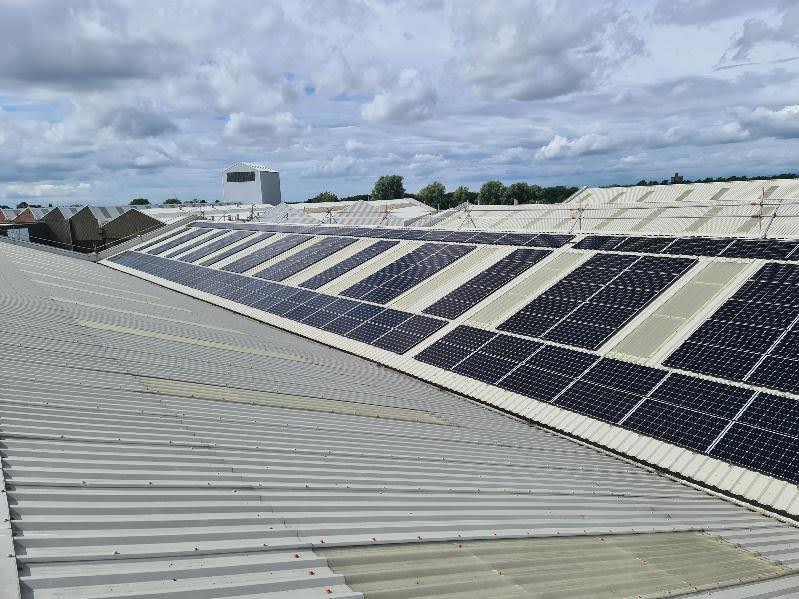If you are a commercial landlord in the UK, you’ve probably heard about the Minimum Energy Efficiency Standards (MEES) regulations. These regulations aim to improve the energy efficiency of commercial buildings and reduce carbon emissions. With the upcoming changes in 2027, landlords must understand their obligations and how to comply.
What are the MEES Regulations?
The MEES Regulations require commercial properties to achieve a minimum energy performance certificate (EPC) rating of E or above. This means that landlords cannot lease or renew leases on properties with an EPC rating below E, unless certain exemptions apply.

Key Changes in 2027
Starting from 1st April 2027, the MEES Regulations will be tightened, requiring commercial properties to achieve a minimum EPC rating of C or above. This significant change aims to drive further improvements in energy efficiency and sustainability across the commercial property sector.
Implications for Commercial Landlords
Compliance Requirements
- EPC Assessment: Ensure that your property has an up-to-date EPC with a rating of C or above. If the current rating is below C, consider implementing energy efficiency improvements to meet the new standards.
- Exemptions: Familiarise yourself with the exemptions available under the MEES Regulations, such as where improvements are not cost-effective or would reduce the property’s value by more than 5%.
- Compliance Deadline: Make sure to review your property portfolio and take necessary actions to comply with the new regulations by 1st April 2027.
Benefits of Compliance
- Increased Property Value: Energy-efficient properties tend to have higher market values and can attract premium tenants.
- Lower Operating Costs: Improving energy efficiency can lead to significant savings on energy bills, reducing operating costs in the long run.
- Environmental Impact: By reducing energy consumption, you contribute to lowering carbon emissions and promoting sustainability.
How to Improve Energy Efficiency
- Energy Audits: Conduct a detailed energy audit to identify areas for improvement and implement energy-saving measures accordingly.
- Invest in Upgrades: Consider investing in energy-efficient systems and technologies, such as LED lighting, insulation, and efficient heating systems.
- Consult Experts: Seek advice from energy consultants or qualified professionals to help you navigate the compliance process and identify the most cost-effective solutions for your properties.
Conclusion





